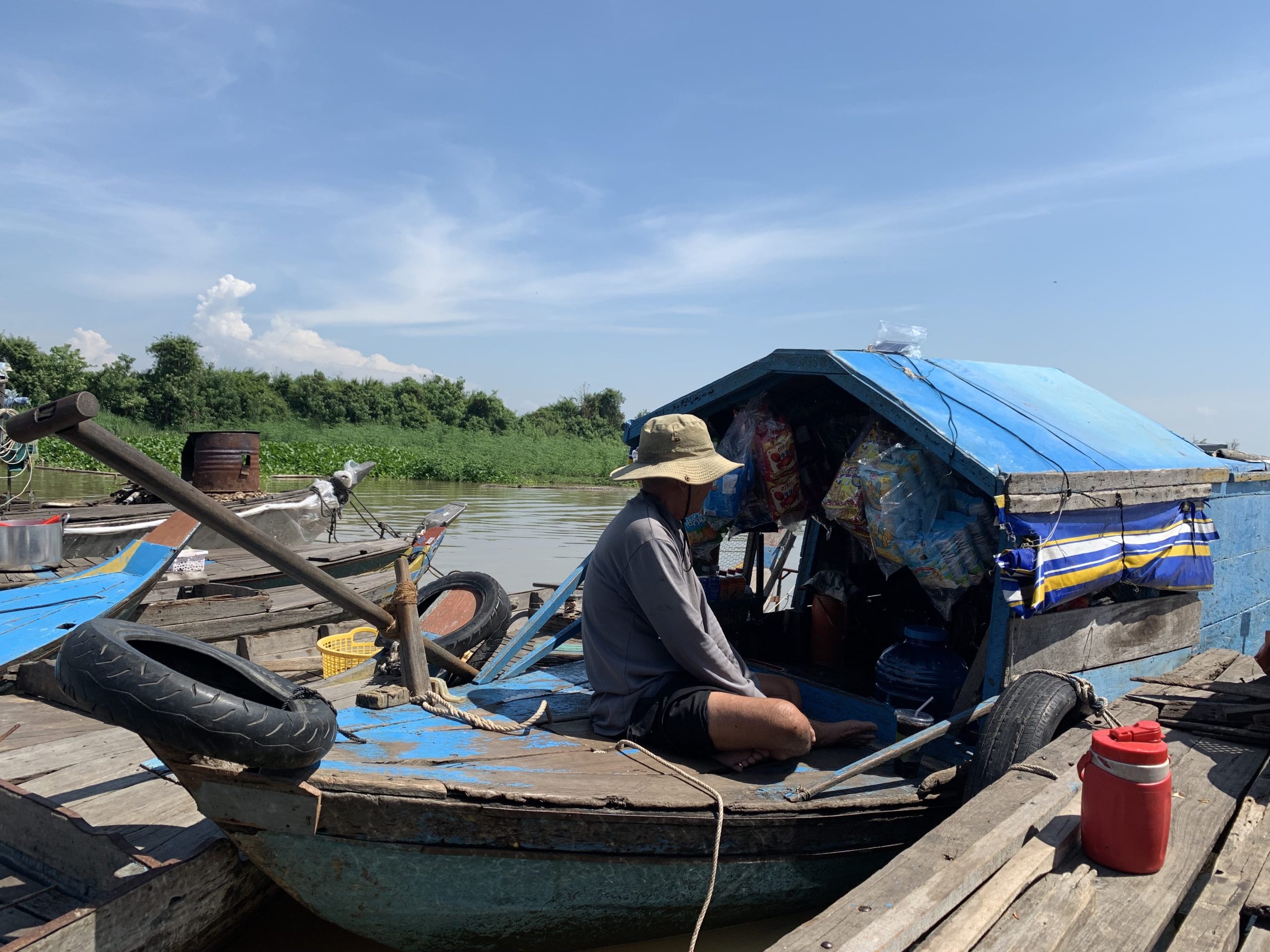1. Citizenship Law
a. Jus Sanguinis and Jus Soli Provisions
The citizenship laws of Samoa operate through both jus sanguinis and jus soli structures with an additional condition of permanent residency. The Citizenship Act (2004) stipulates in Article 6 that children born within the territory only gain citizenship if one of their parents is a citizen of Samoa. According to Article 7 of the Act, a child born outside of the territory may gain citizenship by descent if they have one parent who is a citizen of Samoa. However, in order to do so, the parent who is a citizen must have acquired their citizenship “other wise than by descent” or resided in the territory for three years. Additionally, a child born outside of Samoa may gain citizenship by descent if they have at least one grandparent who gained citizenship by birth.
Article 6(2) of the Citizenship Act includes provisions on citizenship for births occurring on a ship or aircraft. It states that regardless of where the ship or aircraft is registered, a person born on the ship or aircraft is not considered to be born in Samoa. Further, if the person born on the ship or aircraft is stateless, “the Minister may grant the person Samoan citizenship by birth”. There are no provisions stipulating citizenship for foundlings or children born within the territory of Samoa to stateless and/or foreign citizen parents. Further, there is no explicit definition of or protection for stateless persons under the citizenship law of Samoa.
b. Naturalized Citizenship
Citizenship may be acquired by naturalization through permanent residency, as stipulated in Article 8 of the Citizenship Act. Part of the eligibility criteria is to have continuously held a valid permanent resident permit for five years as well as pay a fee. There is an expedited process available for investors, but not for stateless persons.
c. Dual Citizenship
There are no provisions regarding dual citizenship in Samoa’s national legislation.
| Country | Stateless 1 | Stateless 2 | Refugee | ICCPR | ICESCR | ICERD | CRC | CEDAW |
|---|---|---|---|---|---|---|---|---|
| Samoa |
2. Treaty Ratification Status
Samoa has ratified the 1951 Refugee Convention and its 1967 Protocol, the ICCPR, CRC, and CEDAW with no relevant reservations.
Under the ICCPR, Samoa is obligated to ensure every child the right to nationality. By ratifying the CRC, Samoa is bound to register every birth in its territory immediately. Samoa’s ratification of CEDAW also requires the Government of Samoa to ensure gender equality in nationality laws. The CRC Committee expressed concerns in its 2016 concluding observations that birth registration is not implemented equally between national health facilities and traditional birth attendants in villages. Further, the requirement of a fee for birth registration as well as the stigmatization placed on young and unwed mothers throughout the process is discriminatory. The Committee recommended that Samoa ensure free and early birth registration, especially in rural areas where they “consider the use of mobile registration teams to cover remote communities” to ensure the registration details for children of unwed mothers are accurate. The Committee also recommended developing strategies that combat stigmatization of unwed mothers, ensure access to necessary financial, human and technical resources to improve the new online registration system, and raise awareness of the importance of birth registration and its process.



